Study Finds Unlike Humans Cuttlefish Retain Strong Memories Of Past Events Even In Old Age
A new study has found that cuttlefish possess very powerful memories that allow them not only to remember what they had for dinner last week and if it was to their liking, but that they can also continue to enjoy perfect memory regardless of age.
Researchers from the University of Cambridge, U.K., the Marine Biological Laboratory (MBL), Woods Hole, Mass., and the University of Caen, France, conducted memory tests on 24 common cuttlefish (Sepia Officinalis).
Half of the cuttlefish were 10-12 months old – not-quite adult – and the other half were 22-24 months old – equivalent to humans in their 90s.
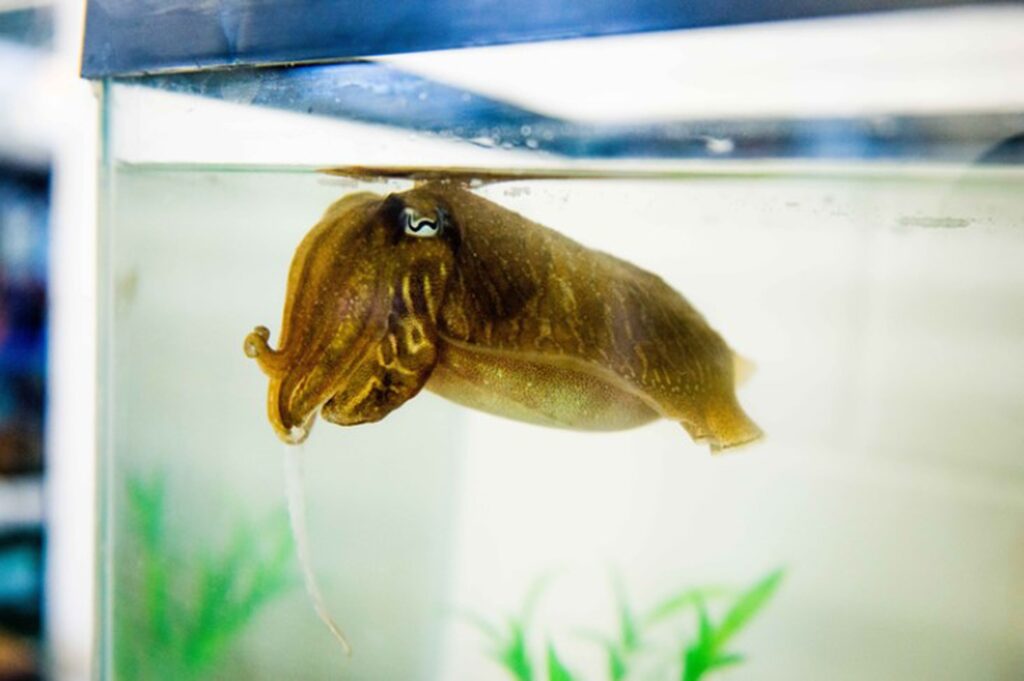
Alexandra Schnell of the University of Cambridge’s Department of Psychology who conducted the experiments at the Marine Biological Laboratory said: “Cuttlefish can remember what they ate, where and when, and use this to guide their feeding decisions in the future.”
She added: “What’s surprising is that they don’t lose this ability with age, despite showing other signs of ageing such as loss of muscle function and appetite.”
The Marine Biology Lab said in a statement obtained by Newsflash: “As humans age, they gradually lose the ability to remember experiences that happened at particular times and places – for example, what we had for dinner last Tuesday.”
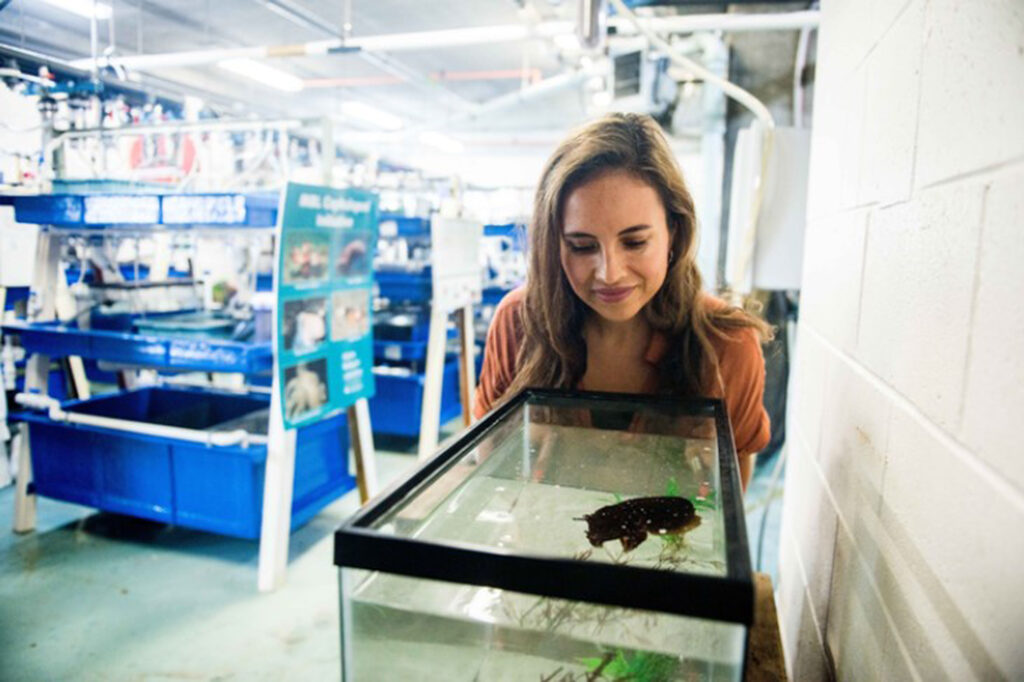
They added: “This is termed episodic memory, and its decline is thought to be due to deterioration of a part of the brain called the hippocampus.”
However, cuttlefish do not appear to suffer from this decline in memory as their brains don’t have a hippocampus and their brain structures are vastly different to a human’s.
Marine Biology Lab found that the part of the cuttlefish’s brain associated with learning and memory does not deteriorate until the last two to three days of the animal’s life, which the researchers say could explain why its episodic-like memory is not affected by age.
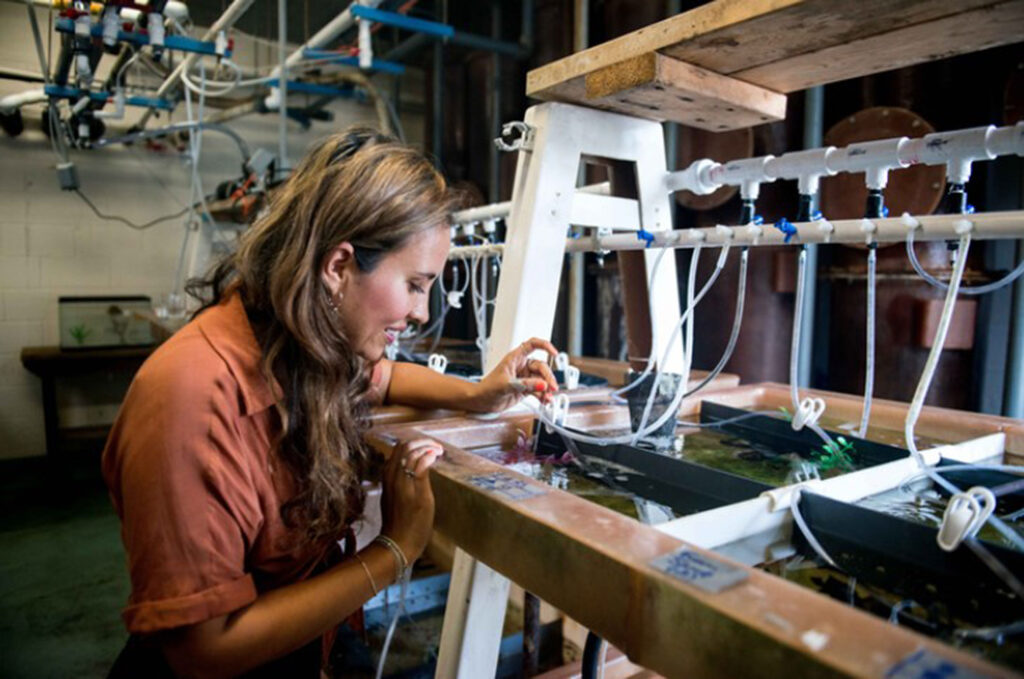
As seen in the footage the experiment was conducted by firstly training the cuttlefish to approach a specific location in their tank marked with a black and white flag.
Then they were trained to learn that two foods they commonly eat – grass shrimp, which they prefer, and king prawn – were available at specific flag-marked locations after specific delays.
Then the cuttlefishes’ recall of which food would be available, where, and when was tested. To make sure they didn’t just learn a pattern, the two feeding locations were changed daily.
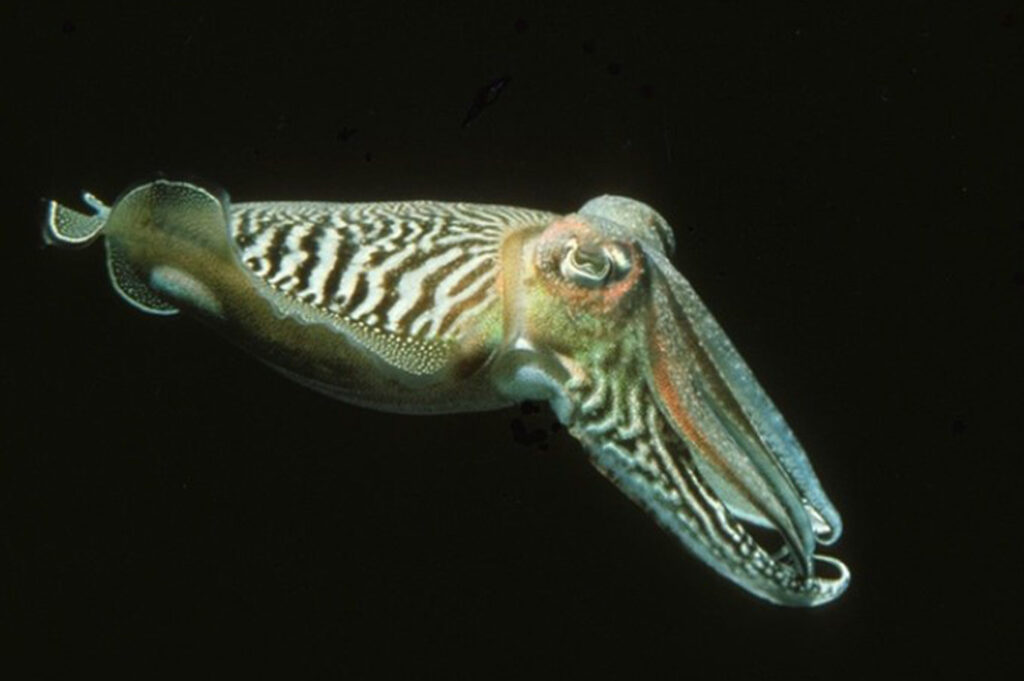
All the cuttlefish – regardless of age – watched which food first appeared at each flag and used that to work out which feeding spot was best at the following mealtimes.
Schnell said: “The old cuttlefish were just as good as the younger ones in the memory task – in fact, many of the older ones did better in the test phase”
She added: “We speculate that this ability might help cuttlefish in the wild to remember who they mated with, so they don’t go back to the same partner; such behaviours might promote gene spreading throughout the regional population.”
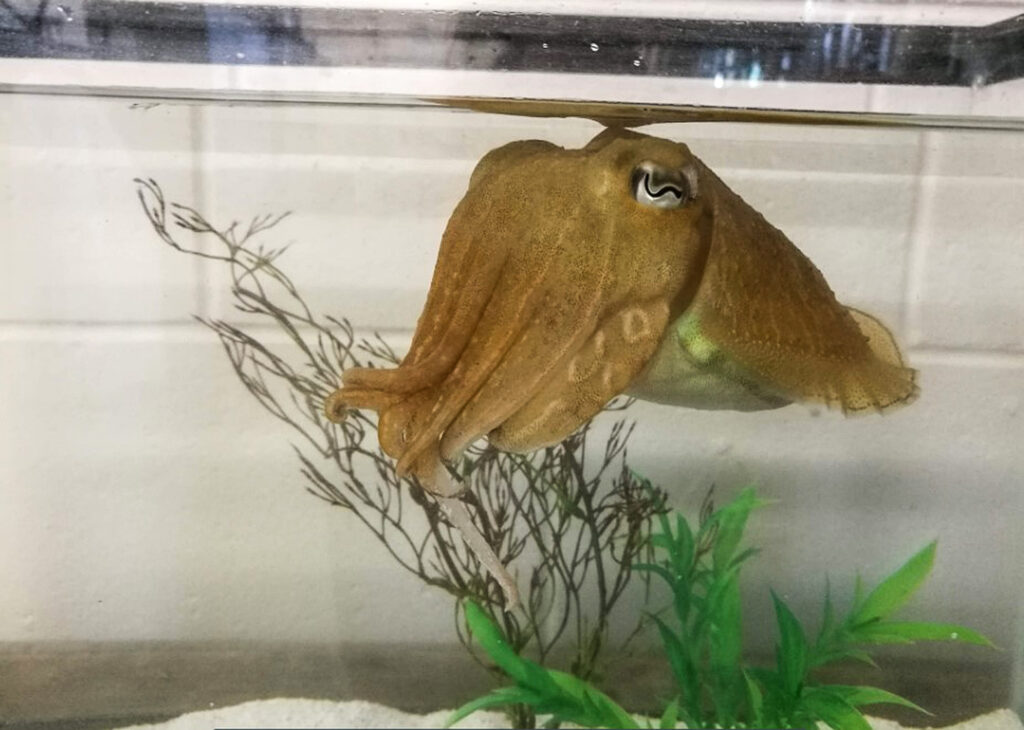
Roger Hanlon, a Senior Scientist at the Marine Biological Laboratory who conducted the experiments with Doctor Schnell, said: “We have studied cuttlefish extensively in the field and laboratory for decades, but these sophisticated behaviours are a surprise even to us.
He added: “There are many discoveries still to come in the link between brain and behaviour.”
The research was funded by the Royal Society and the Grass Foundation. Schnell was a Grass Fellow in residence at the Marine Biological Laboratory when the experiments were conducted.



